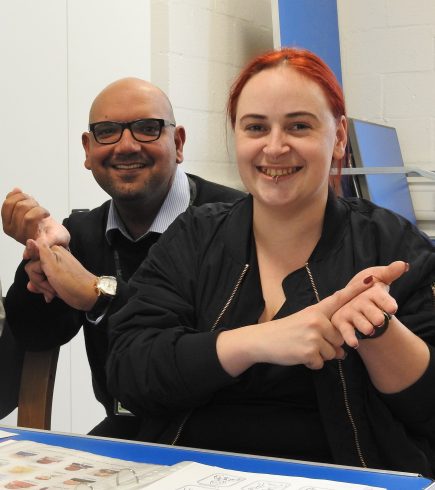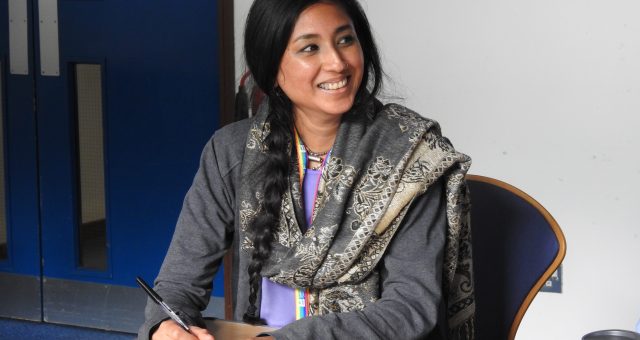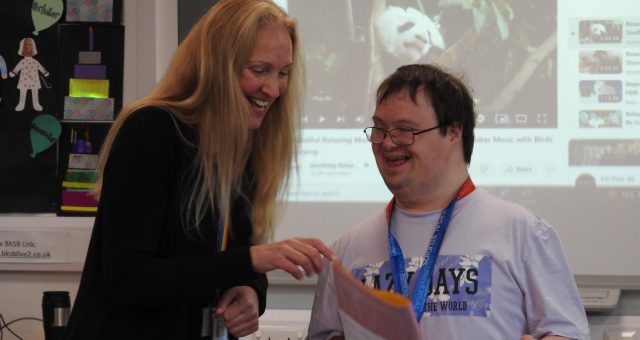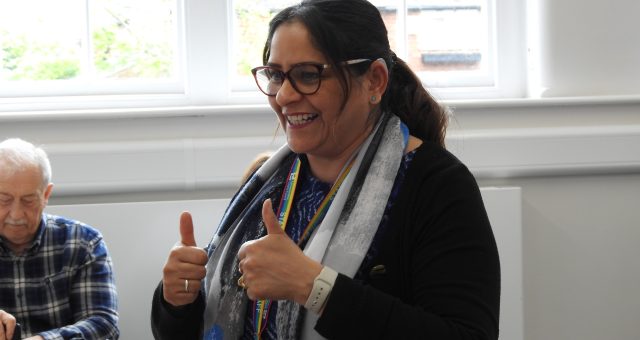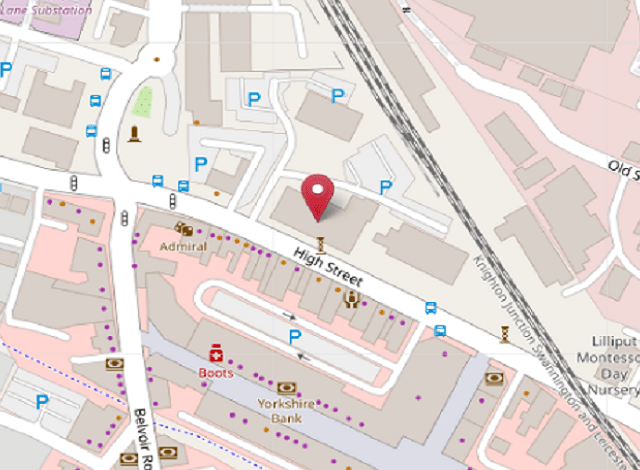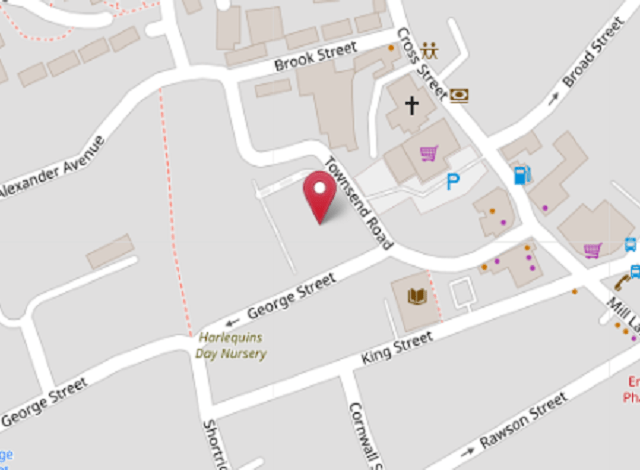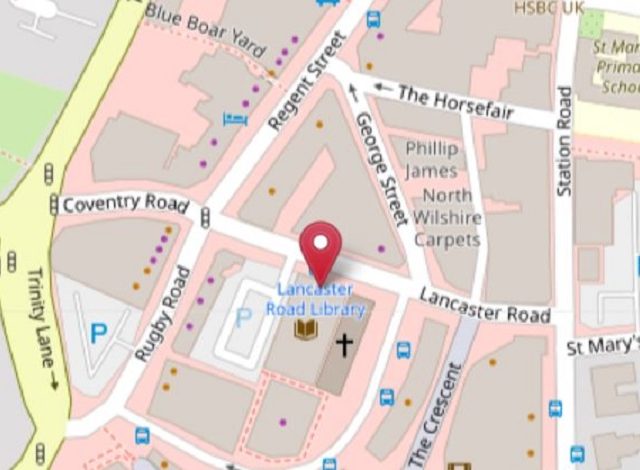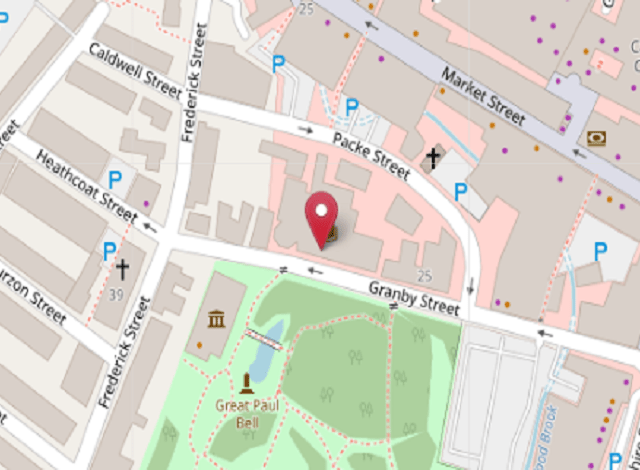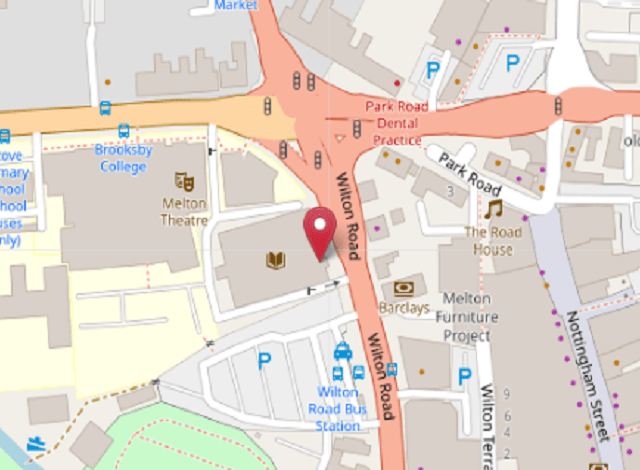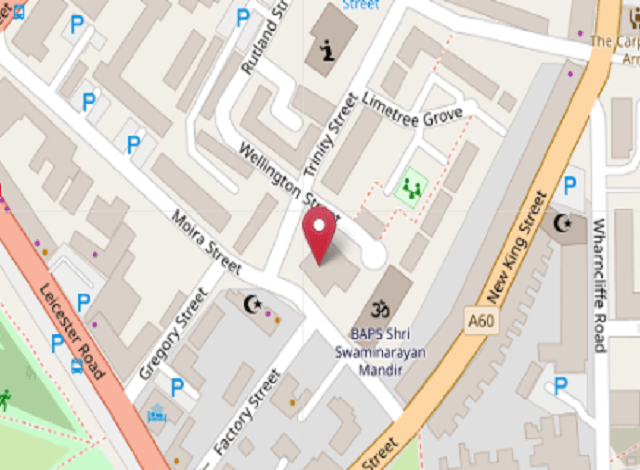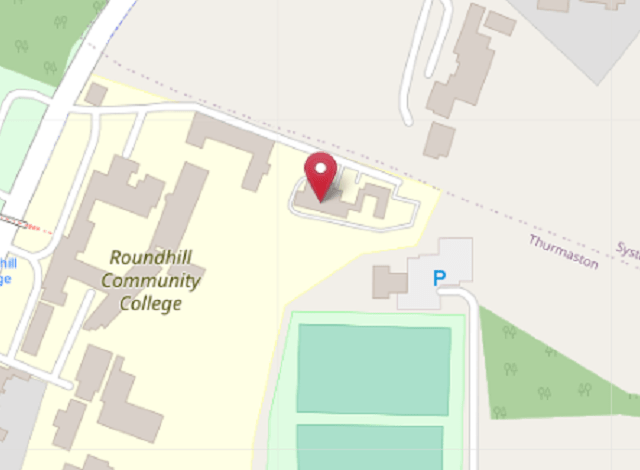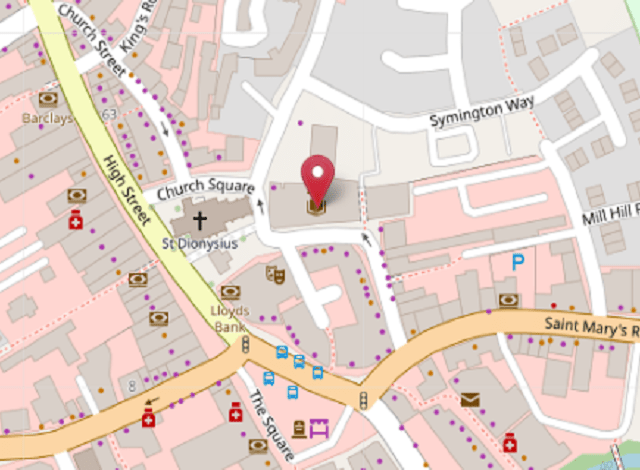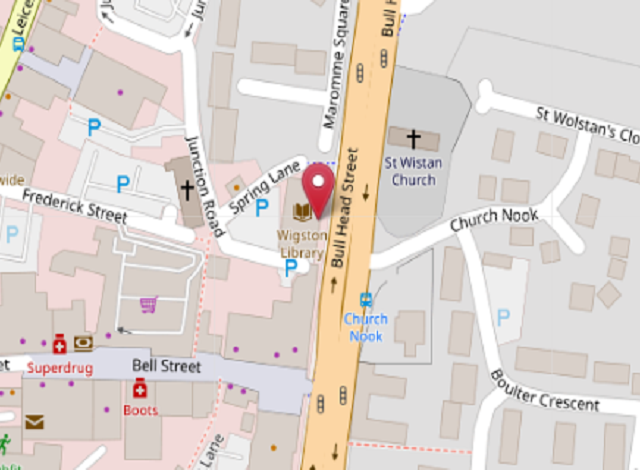Back to top
Our 2025/26 course offer will be visible and open for applications from Monday 30th June. We are currently updating our website ready for the new year so be aware you may see changes. If you have questions about courses starting in June and July you can call us on freephone 0800 988 0308 for live information.
British Sign Language
British Sign Language (BSL) is used by approximately 150,000 people in the UK. Learning BSL is a powerful skill which allows you to communicate with d/Deaf colleagues, friends and family. Now, with the historic passing of the BSL Act in the UK Parliament in 2022, BSL is more visible and celebrated than ever before.
Search British Sign Language Courses
Our BSL courses are taught largely by a team of deaf tutors and we make sure to blend the learning of signs with Deaf Awareness as well as some knowledge of deaf history and culture.
Courses are non-accredited, so there are no exams – and tutors work hard to make sure you learn in a fun and social environment. No formal qualifications or previous experience is required for our BSL Beginners 1 courses, just an interest in BSL and a willingness to have a go!
If you are interested in continuing your learning following the course, you tutor will be able to advise you of your options for progression.
Staff Training for Employers
We can offer courses tailored to suit employer needs, empowering your staff and colleagues to communicate with staff or clients/customers who have hearing loss. The course can consist of Deaf Awareness, together with learning basic British Sign Language (BSL) with tailored signs. We can deliver the training to your preferred venue at a competitive price and have experience of working in both education and healthcare settings.
Call us on FREEphone 0800 988 0308 for more information, or to talk to a member of our team about your businesses needs.
Apply Online
When you are ready, you can apply online. Once you submit the application, our team will check your eligibility and that your details are correct. Within 5 working days you can expect to receive an email confirming your place. Click the link below for guidance on our application process.
Talk to Us
If you need more information, or want to discuss our British Sign Language courses you can: visit our Learning Centres in-person, or contact us on the details below.
- 0800 988 0308
- adult.learning@leics.gov.uk
- Information, advice, and guidance is available during your course to support you to identify your next steps which might include continuing your learning journey.
- We know that course fees alone are not the only financial costs learners face. Our Learner Support Fund is available to help cover the hidden cost of learning like childcare, transport, resources, and exam fees.
Our British Sign Language Courses
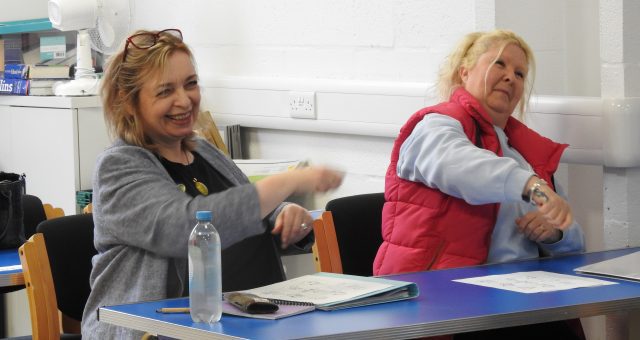
British Sign Language - Beginners Part 1
This course is designed to enable beginners to develop an ability to communicate using BSL in a range of familiar situations. The course consists of topics such as: finger spelling, numbers, food and drink, your interests and more vocabulary around home life. We use fun, practical teaching methods to help you to learn how to sign and communicate at a basic level. By the end of this course you should be able to have a brief conversation in BSL.
Course Fees: Full Fee £133.00 / Reduced Fee £39.90 / FREE depending on your personal circumstances.
More information on British Sign Language - Beginners Part 1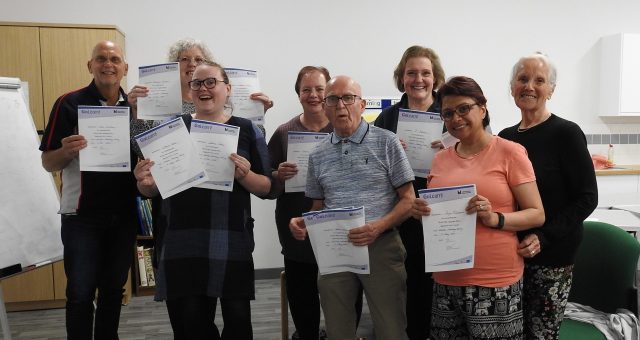
British Sign Language - Beginners Part 2
This course is designed to enable learners to improve their ability to communicate with d/Deaf people using British Sign Language (BSL) in a range of familiar contexts, participating in longer and more complex conversations than at Beginners BSL part 1. This course builds on the same topics learned on BSL beginners part 1 course, but will add vocabulary and fluency. We will cover topics such as: Everyday Conversation Eating & Drinking Shopping and work Travel & Holidays.
Course Fees: Full Fee £159.00 / Reduced Fee £47.56 / FREE depending on your personal circumstances.
More information on British Sign Language - Beginners Part 2Other courses you may be interested in
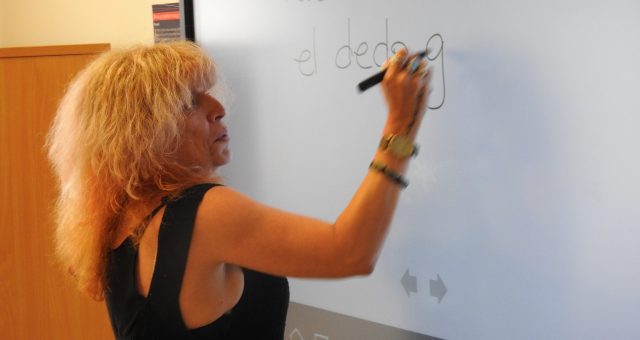
Languages
Learning a new language provides you with a new appreciation of diverse cultures and a new skill that can be used for business, work, holidays, and family life.
More information on Languages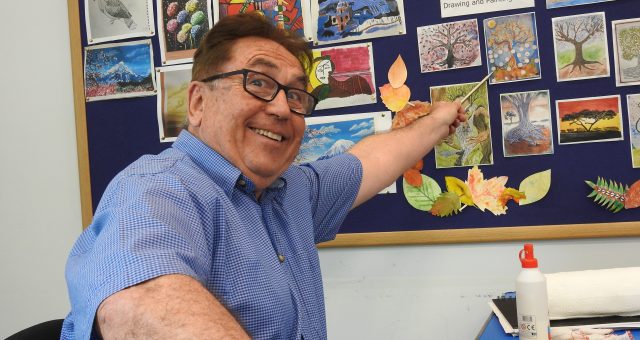
Learning for Wellbeing
Discover a new passion for creativity or get fitter this year by taking part in a course from the Learning for Wellbeing programme. On our courses, you will find a like-minded, supportive community, build confidence, make new friendships and a lot more.
More information on Learning for Wellbeing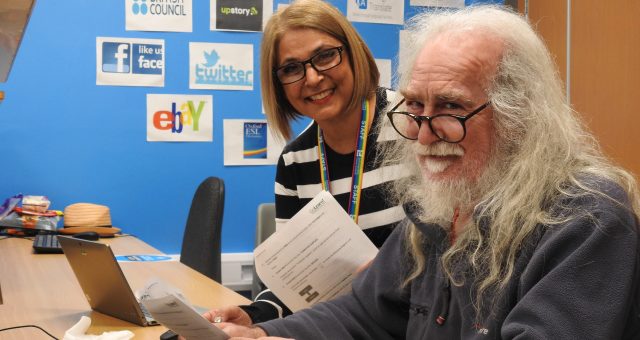
Digital Skills
Whether you are a complete beginner or want to grow your skills we have something for you! Our courses can give you both recognised qualifications that employers are looking for, and useful skills for everyday life.
More information on Digital Skills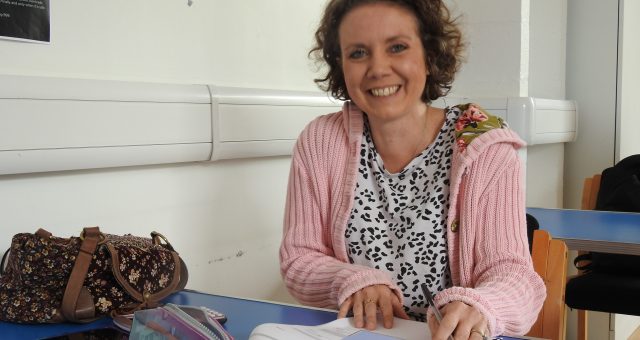
English and Maths
Whether you are looking to brush-up on the basics, grow your confidence, or gain a qualification, our English and maths courses give you with the knowledge, skills and support you need to succeed.
More information on English and Maths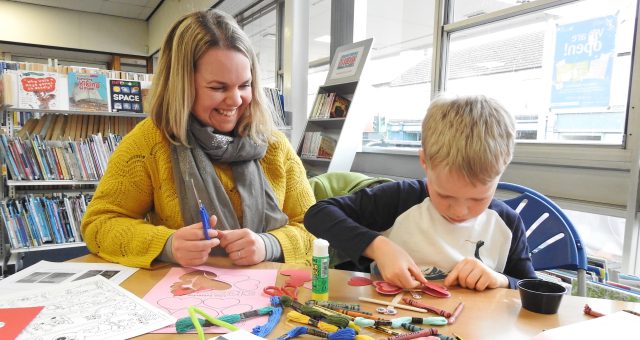
Family Learning
Family Learning classes are taught at libraries, Children’s Family and Wellbeing Centres, schools, online and in the community. Courses are designed to help you support your child’s education journey, by learning how your child is taught in school while you also develop your own knowledge.
More information on Family Learning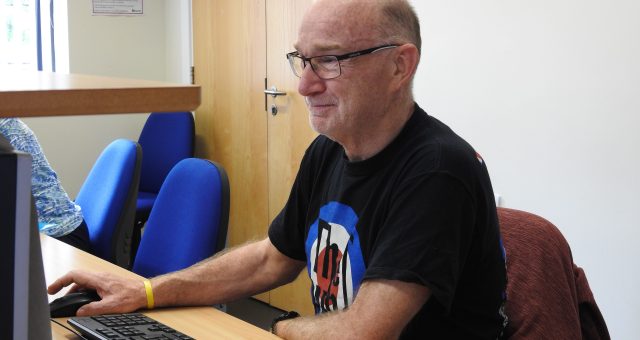
Employability Skills
Our Employability courses are specially designed to support those learners wishing to gain skills and qualifications to directly support them to improve, or gain, employment opportunities.
More information on Employability Skills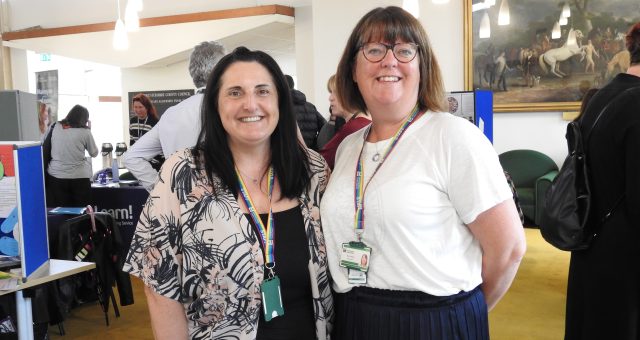
Apprenticeships and Work Based Training
We have a track record of delivering a high quality and flexible work-based training services to employers which include the delivery of: apprenticeship standards, standalone and wider skills qualifications, and wellbeing courses.
More information on Apprenticeships and Work Based Training
Learn at the following venues
Learner Voice – Millie & Tracey
Millie and Tracey wanted to develop a basic understanding of British Sign Language. They didn’t have anyone in their immediate family who used sign language however, they felt it would be a very useful skill to have in their day-to-day lives. They also wanted to better understand the deaf community.
Read more about Learner Voice – Millie & Tracey
